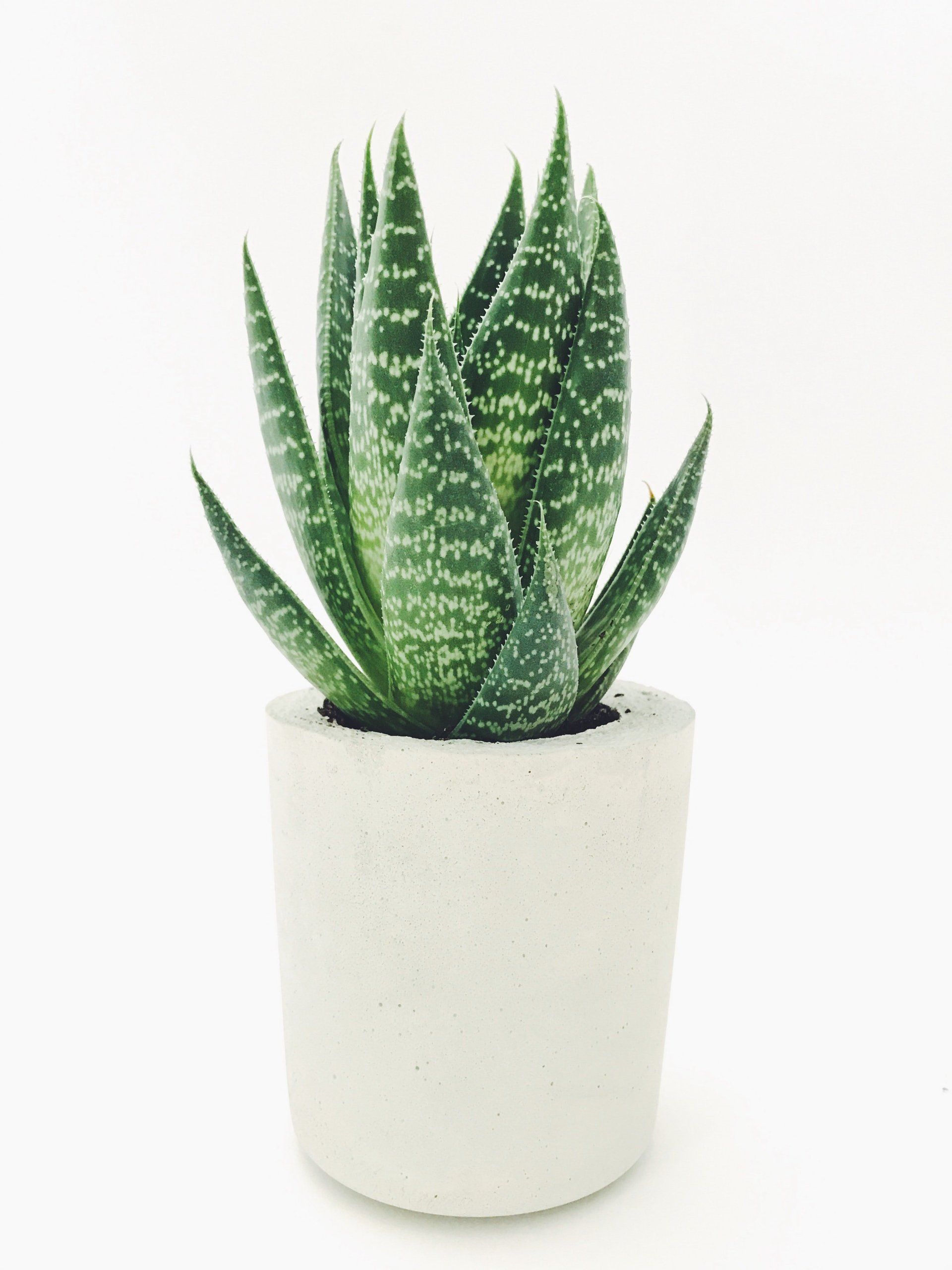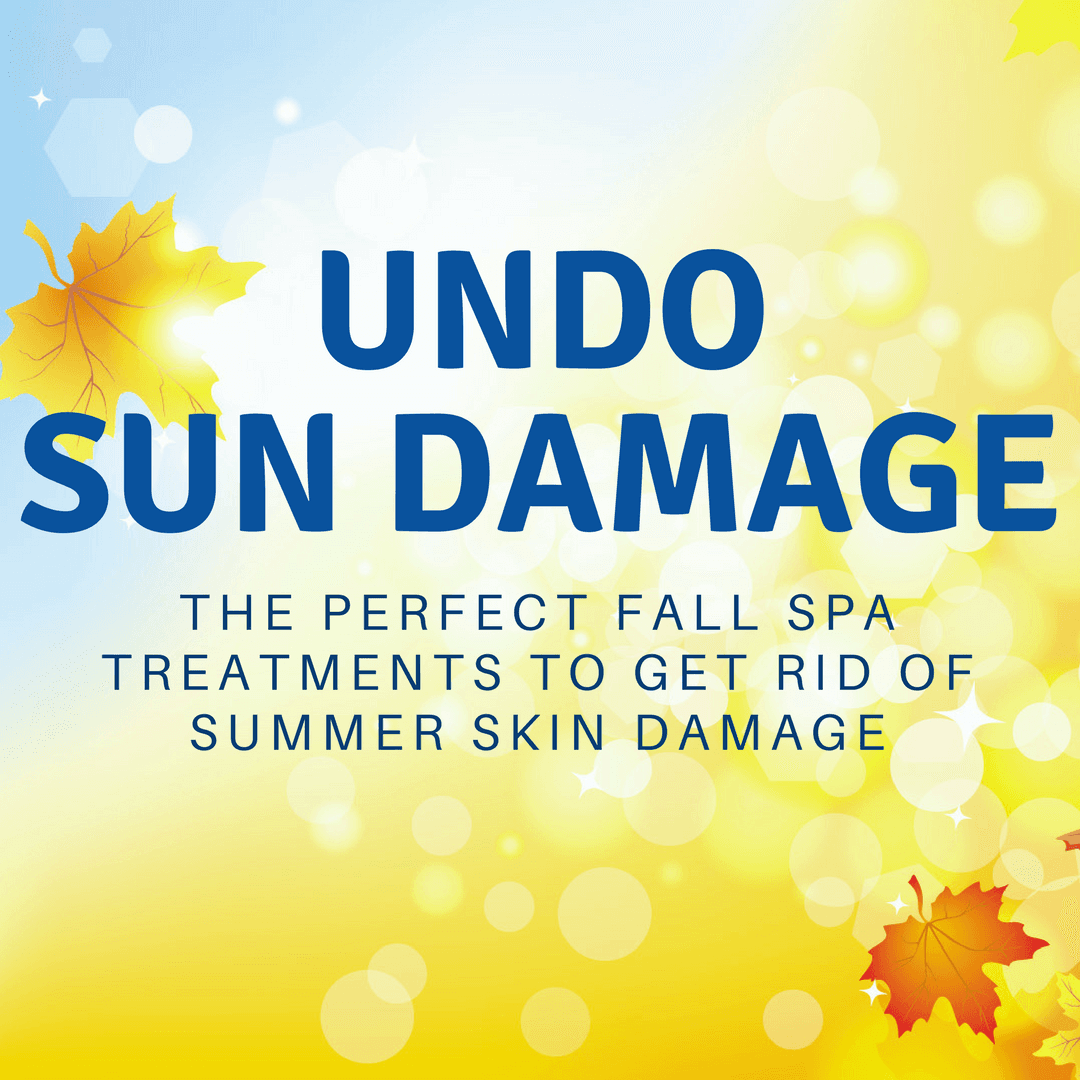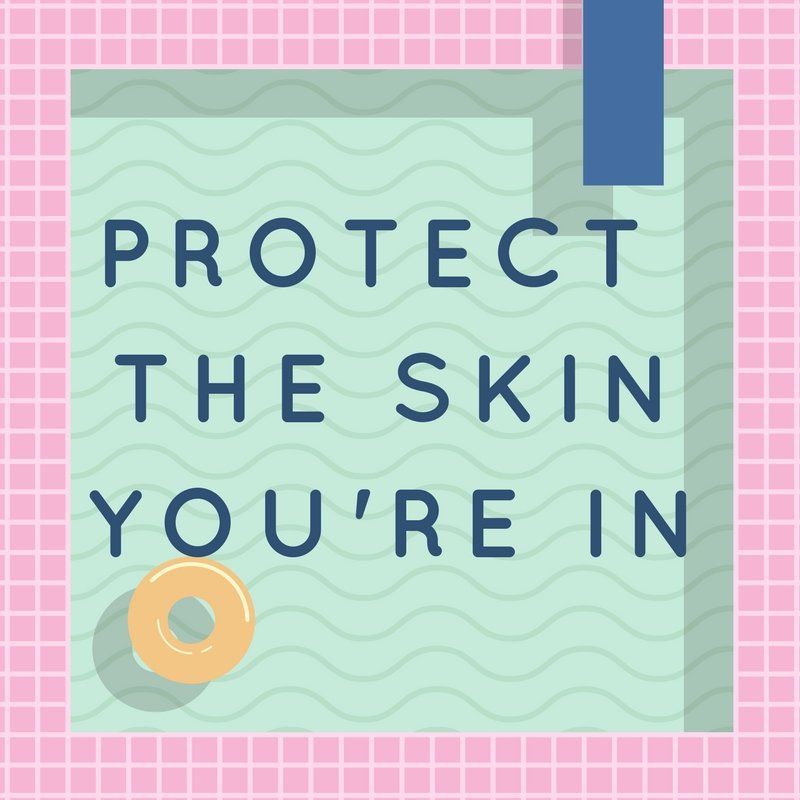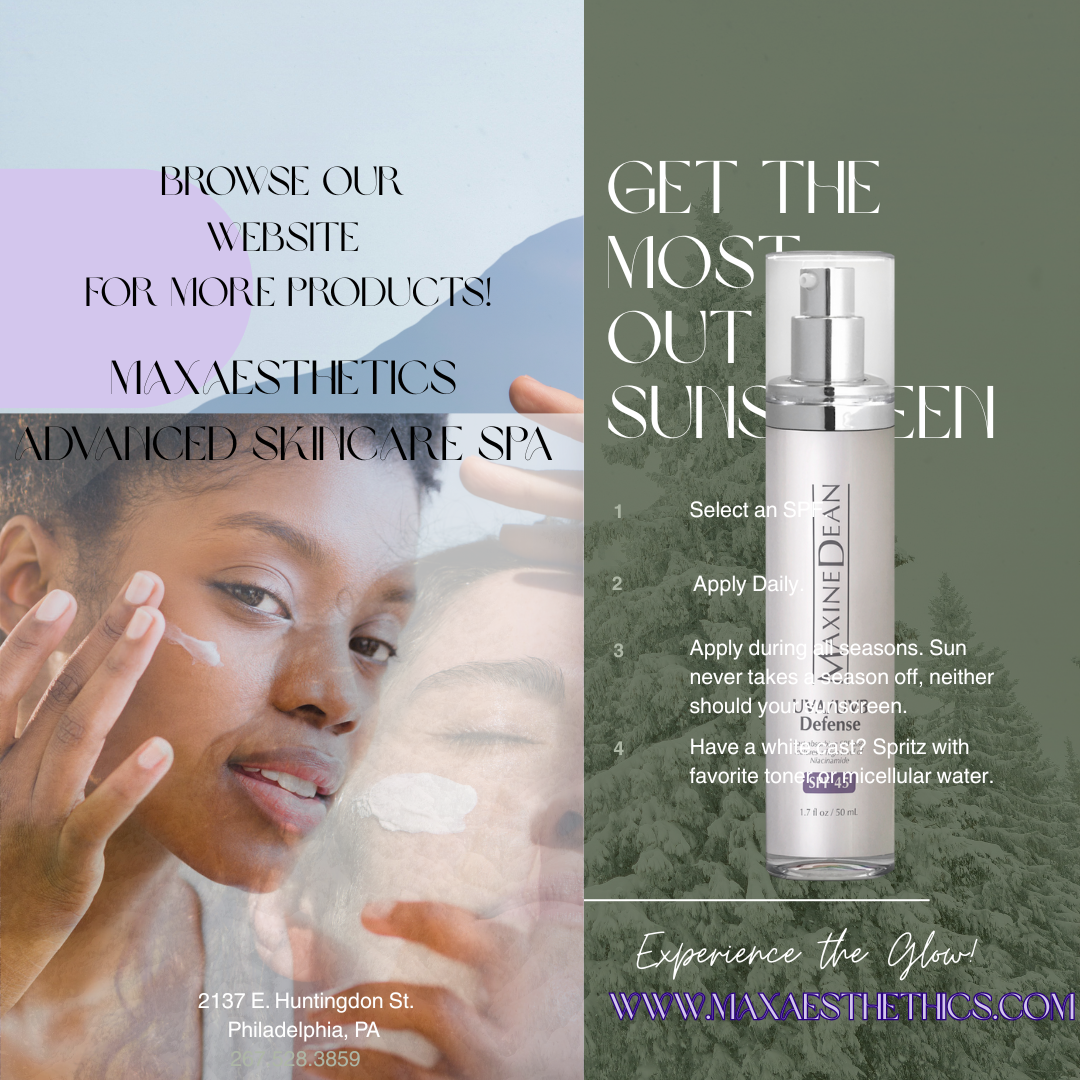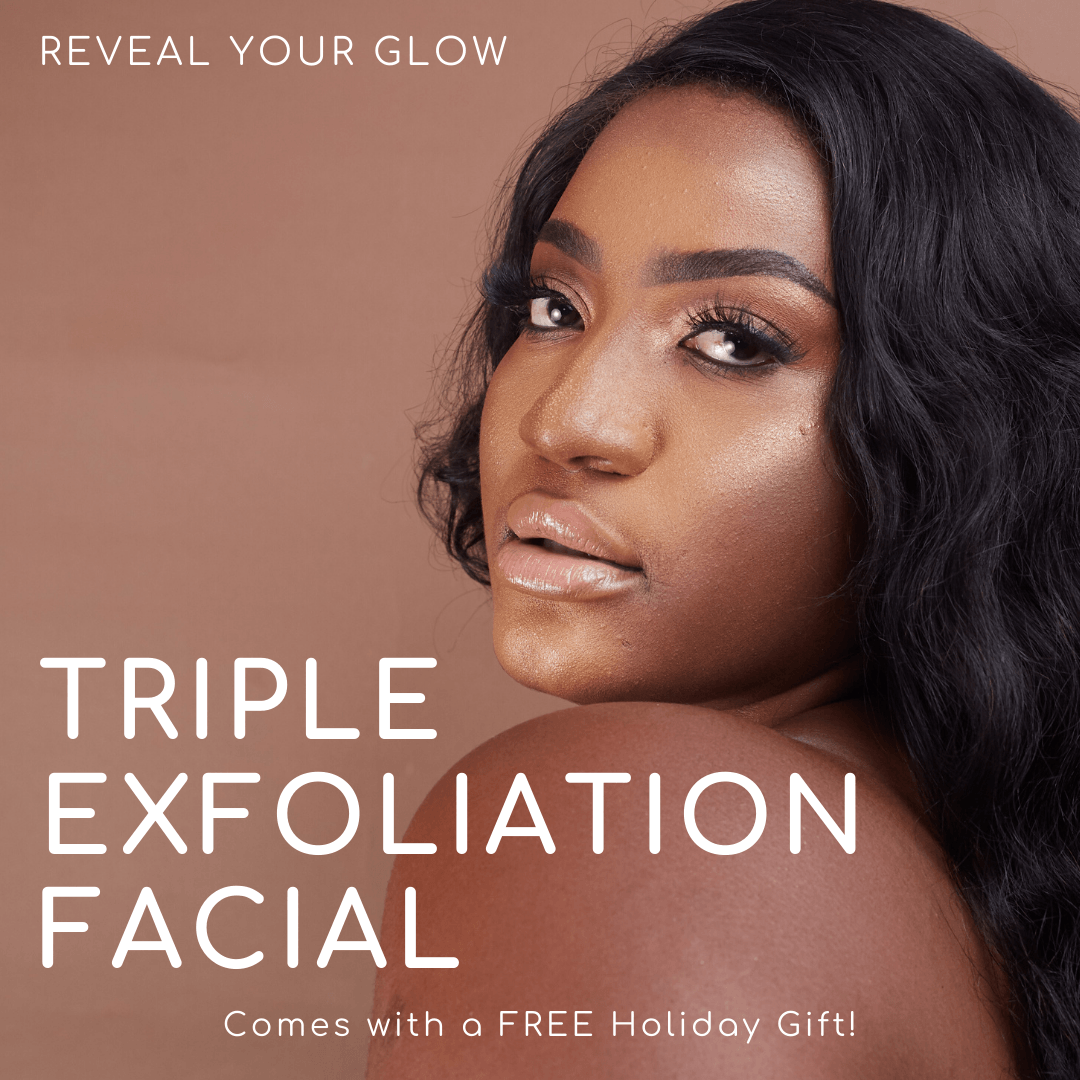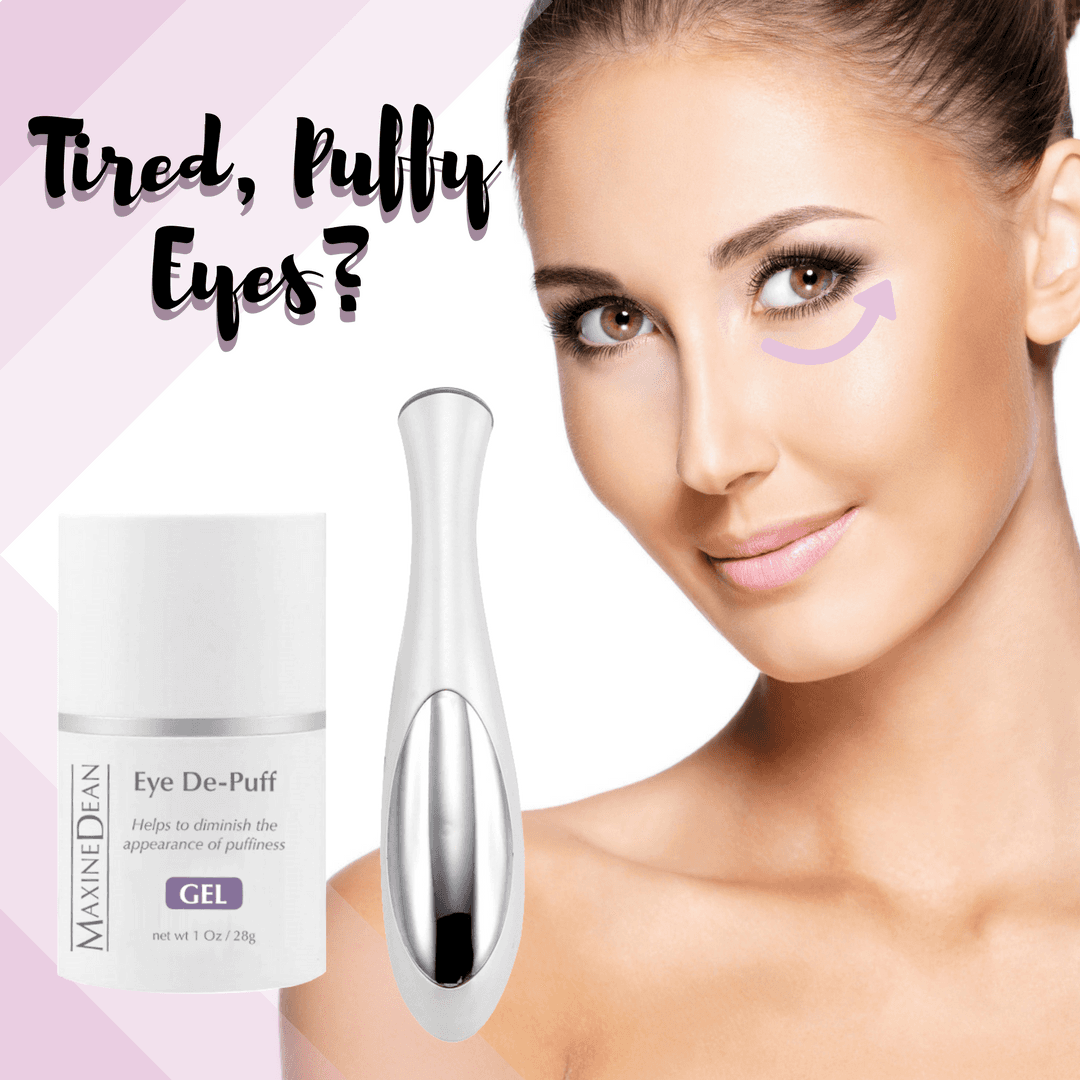How to Choose a Good Sunscreen
What is the difference between Chemical & Physical Sunscreen?
There are two forms of sun protection, physical sunscreen and chemical sunscreen. The biggest difference between the two is that physical sunscreen blocks ultraviolet radiation from penetrating the skin while chemical sunscreen absorbs and deactivates ultraviolet radiation that has penetrated the skin.
Physical sunscreen
, sometimes called mineral or natural sunscreen, is comprised of either titanium dioxide or zinc oxide. Physical sunscreens work by deflecting the sun’s rays - effectively blocking them from penetrating the skin. The major benefits of physical sunscreen are that it does not decompose through sun exposure and is effective upon application. Zinc Oxide covers the entire spectrum of UVA and UVB spectrum and it is suitable for the most sensitive of skin. The downside of some physical sunscreens is that they can feel heavy or greasy on the skin and may leave a white cast. Our UVA/UVB Defense SPF45
is a great example of a physical sunscreen that doesn't feel heavy on the skin and doesn't leave a white cast on the skin after being rubbed in.
Chemical sunscreens
are absorbed into the skin to absorb or scatter the ultraviolet radiation that reaches your skin. Chemical sunscreens can offer more coverage, but they can take up to 20 minutes after application to become effective. The most common ingredients in chemical sunscreens are oxybenzone, avobenzone, octisalate, octocrylene, homosalate and octinoxate. Chemical sunscreens are typically color-less, odorless and more viscous compared to a physical sunscreen. Some of the chemical filters used in this type of sunscreen can cause free radicals that can age the skin and cause irritation or allergic reactions in some people.
Ultimately, the best sunscreen is one that you will use!
Most sunscreens on the market offer a combination of both physical and chemical properties - so be sure to check the ingredients! Be sure to wear enough sunscreen to be effective and reapply often.
A sunscreen with SPF 30 applied to every 2-3 hours provides enough coverage for the average person. A general rule of thumb when applying sunscreen is that 1 oz, or a shot glass, worth of product is needed to cover your body and a nickel to quarter size amount for your face and neck.
It's always great to layer your sunscreen with makeup that also has sun protection, but never rely on your makeup alone to protect your skin.
